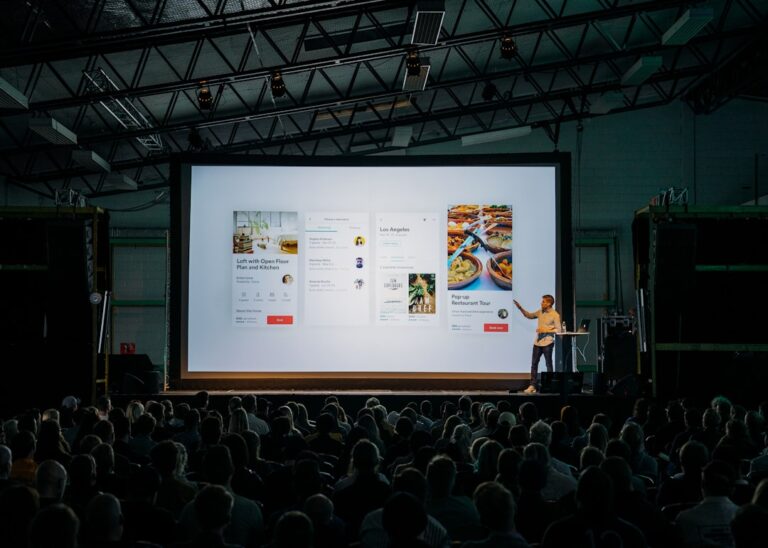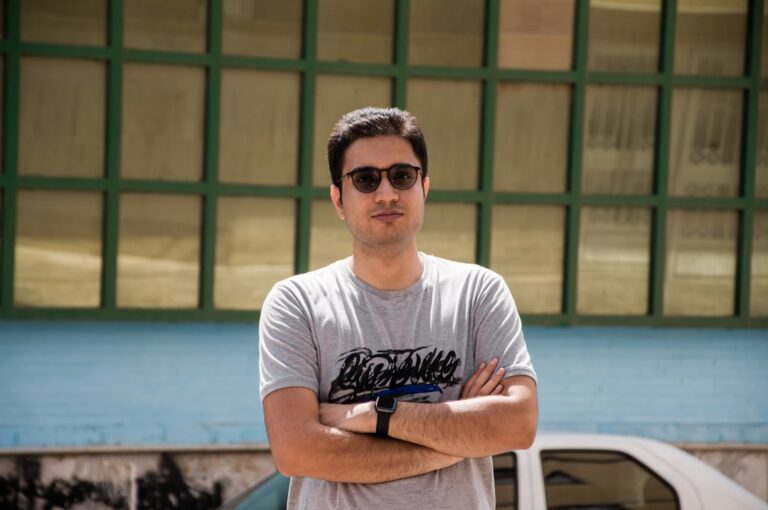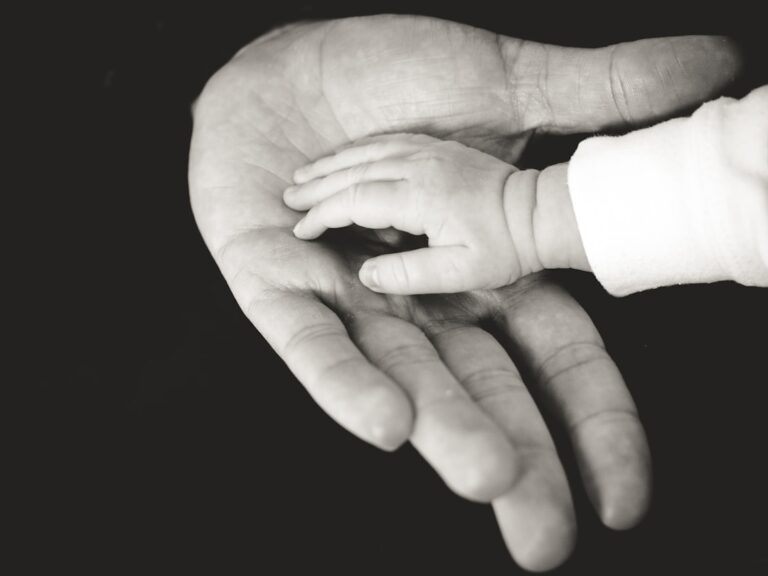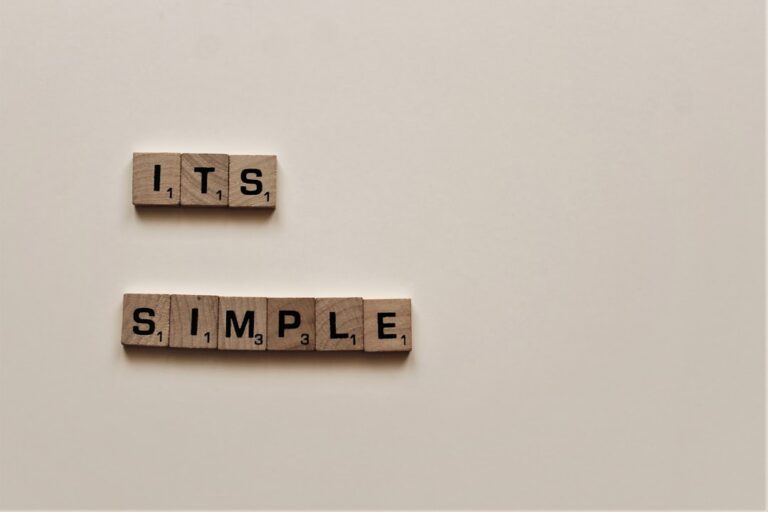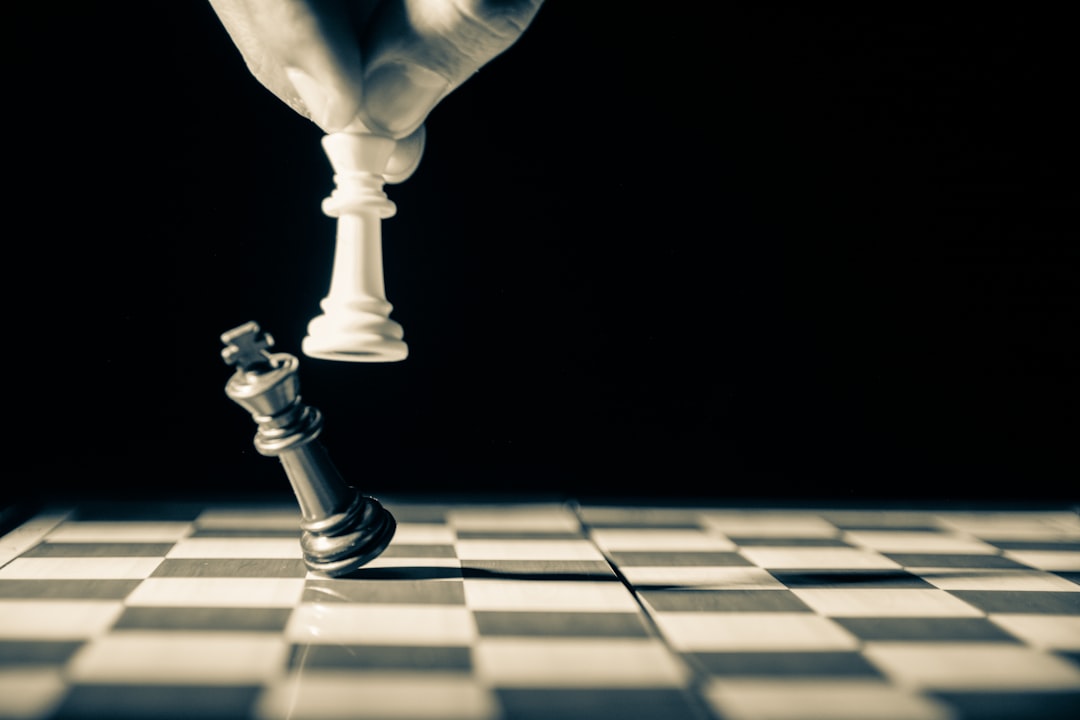
I used to live my life one chaotic moment at a time. I was constantly reacting to cravings urges and distractions instead of building the life I truly wanted. It felt like I was a passenger in my own story. But learning to think strategically changed everything. It’s not a complicated skill reserved for business leaders. It’s a way of looking at your life that anyone can learn.
Strategic thinking is simply about connecting your daily actions to a bigger vision. It’s about making choices today that set you up for a better healthier and more purposeful tomorrow. For me that meant breaking free from addictions that were holding me back and building a life centered on my faith and well-being.
It all starts with a few intentional shifts in how you see the world and your place in it.
See the Big Picture
The first step is to pull back from the day-to-day rush. You can’t steer a ship if you’re only looking at the waves hitting the bow. You need to look at the horizon. This is about understanding where you’re going and why it matters.
Start With Your "Why"
Before you can plan a route you need a destination. What is your ultimate goal? For me everything changed when I recentered my life around my Christian faith. My "why" became about honoring God with the body and mind He gave me. This purpose made tough decisions easier. When you have a strong reason to change your actions start to follow. What is the fundamental reason you want to improve?
Connect Your Faith to Your Actions
My faith isn't just for Sunday. It’s the foundation for my daily strategy. I ask myself if my choices align with the person God is calling me to be. This isn’t about being perfect. It's about having a compass. When I was struggling with binge eating and laziness I had to see it not just as a health problem but as something that was creating distance between me and my purpose. This perspective gave me the strength to fight for something more.
Think Like a Chess Player
Life isn’t about one-off moves. It’s a series of interconnected decisions. A strategic thinker doesn’t just think about their next move. They think about the move after that and the one after that.
Here are 15 ways you can start building this mindset today:
-
Look for the Root Cause. Don’t just treat symptoms. When I was overeating the symptom was hunger or boredom. The root cause was emotional emptiness. I wasn't just fighting a craving. I was fighting a deeper spiritual battle. Ask yourself: What is really driving this behavior?
-
Work Backward from Your Goal. Want to lose 50 pounds? Don’t just start running. Picture yourself at your goal weight. What habits do you have? What does your daily routine look like? Now work backward step-by-step to figure out what you need to do today to start becoming that person.
-
Consider the Second-Order Effects. Every action has a reaction. But it also has a reaction after that. Eating a whole pizza might feel good now (first-order effect). But it leads to guilt low energy and weight gain tomorrow (second-order effects). Thinking about the ripple effects can stop a bad decision in its tracks.
-
Ask "What If?" Explore possibilities. What if I tried a different approach to my work? What if I cut out this one habit for a week? Asking these questions opens your mind to new strategies you might not have considered.
-
Identify Patterns. Notice the things that repeat in your life. Do you always feel lazy after lunch? Do you always get into arguments on Friday nights? Identifying these patterns is the first step to interrupting them and creating a new outcome.
-
Schedule Time to Think. Strategic thinking doesn't happen by accident. You need to make space for it. I set aside time each week just to reflect plan and pray. No phone. No distractions. Just me my journal and my thoughts. This is where the best ideas and solutions come from.
-
Get a Different Perspective. You can’t see the label from inside the jar. Talk to a trusted friend a mentor or your pastor. Explain your situation and listen to their view. They can often see a path that you’re too close to notice.
-
Break It Down. Big goals are overwhelming. "Lose 110 pounds" felt impossible. But "eat a healthy breakfast today" and "go for a 20-minute walk" were things I could do. Strategy is about turning a huge challenge into a series of small manageable wins.
-
Learn from Your Mistakes. A failed attempt is not a failure. It’s data. It shows you what doesn’t work. Instead of beating yourself up analyze what went wrong and adjust your strategy. Every setback is a lesson.
-
Know Your Limits. Honesty about your weaknesses is a strategic advantage. I knew I couldn’t just "moderate" my gaming. The strategy had to be complete removal. Be honest about where you are vulnerable and build a plan that protects you from those weaknesses.
-
Simplify Everything. A cluttered life leads to a cluttered mind. I found I was more productive and clear-headed working in short 2-4 hour bursts of deep work than trying to grind for 8 hours. I cut out unnecessary commitments and distractions. A simple life gives you the mental space to think strategically.
-
Stay Curious. Read books and articles outside your usual interests. Listen to people with different life experiences. The more you learn the more tools you have in your strategic toolkit.
-
Anticipate Obstacles. What could go wrong? Think about potential roadblocks ahead of time. If you know you’ll be tempted by office donuts plan to bring a healthy snack. A good strategy has a backup plan.
-
Celebrate Small Wins. When I lost my first five pounds I celebrated it. It wasn’t the end goal but it was progress. Celebrating small victories builds momentum and keeps you motivated for the long journey ahead.
-
Be Patient. Real change is a marathon not a sprint. Strategic thinking is a long-term game. There will be setbacks. There will be days you feel like you’re going backward. Trust the process. Stay consistent. Your small daily choices will add up to massive results over time.
Living strategically is about living with intention. It’s about choosing to be the author of your story not just a character reacting to the plot. It’s the most empowering shift you can make.
So let me ask you: What is one small strategic choice you can make today to move you closer to the life you truly want to live?
